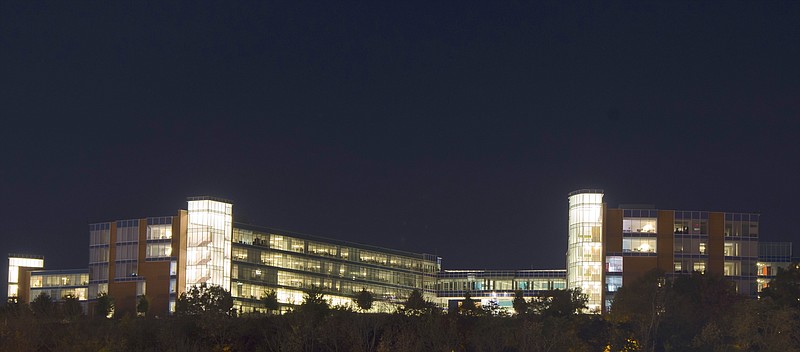At the end of January, BlueCross BlueShield of Tennessee CEO J.D. Hickey told Chattanooga Rotarians that the state's biggest health insurer would ask for additional rate increases for 2017 because of what he said was the "uncertain" Obamacare market.
But what makes Obamacare - aka the Affordable Care Act - uncertain is, in part, that Tennessee lawmakers have made it impossible for the state to expand Medicaid and only the poorest and sickest portion of the state's uninsured working poor can sign up. In turn, that means the average cost to BlueCross for their health care is higher than their premiums and is not counter-balanced by the premiums paid by healthier Tennessee workers with little or no health care costs.
BlueCross also significantly underestimated the costs, according to company officials, perhaps in part because they thought that by now Gov. Bill Haslam's negotiated version of the ACA - Insure Tennessee - would be in place. Alas, Tennessee lawmakers wouldn't allow the governor's plan to receive a full vote. Instead, our lawmakers bottled it up in committee.
Meanwhile, truth-challenged presidential contender and top Obamacare opponent Ted Cruz recently claimed that the ACA has destroyed "millions of jobs" and caused premiums to "skyrocket."
Neither Cruz assertion is true.
Job growth since the Affordable Care Act went fully into effect has been the best since the 1990s, and health costs - while they have risen since 19 other Republican-controlled states acted just like Tennessee - have climbed much more slowly than before the ACA was enacted. Still, the average unsubsidized premium for most health exchange plans by BlueCross is $463 a month, despite last year's 36.3 percent average jump. The average member after tax credits pays only $158 a month.
BlueCross has about 80 percent of the individual ACA market in Tennessee, still offers some of the lowest rates in the country and made an profit of 199.7 million - even after the insurance giant lost $141 million on its ACA plans in the first year of Obamacare.
To most of us, a $141 million loss sounds like major money. But let's put it in perspective:
The nonprofit BlueCross BlueShield spent more than twice that on its spiffy new corporate headquarters overlooking Chattanooga from Cameron Hill. In 2015, Hickey's predecessor, Bill Gracey, was paid $2.7 million, and Gracey's predecessor, Vicky Gregg, had a record compensation year in 2011 of $6.8 million.
But the real culprit in rising health care costs and insurance rate increases is clearly not Obamacare, which beat expectations this year by earning solid sign-ups to the tune of 12.7 million people - including 268,867 Tennesseans (cutting the number of uninsured in our state to just 15 percent). Nor is it the for-profits or nonprofit insurers.
Instead, look to the likes of pharmaceutical executives like Martin Shkreli, a 32-year-old former hedge fund manager-turned-entrepreneur who bought a drug named Daraprim and raised its price more than fifty-fold. Daraprim treats a rare and sometimes deadly parasitic infection.
On Thursday, a smirking Shkreli was called to testify before the House Oversight and Government Reform Committee of Congress. Four times he invoked the Fifth Amendment. And then he went on Twitter to call his questioners "imbeciles."
Obamacare is the problem? Hardly.
